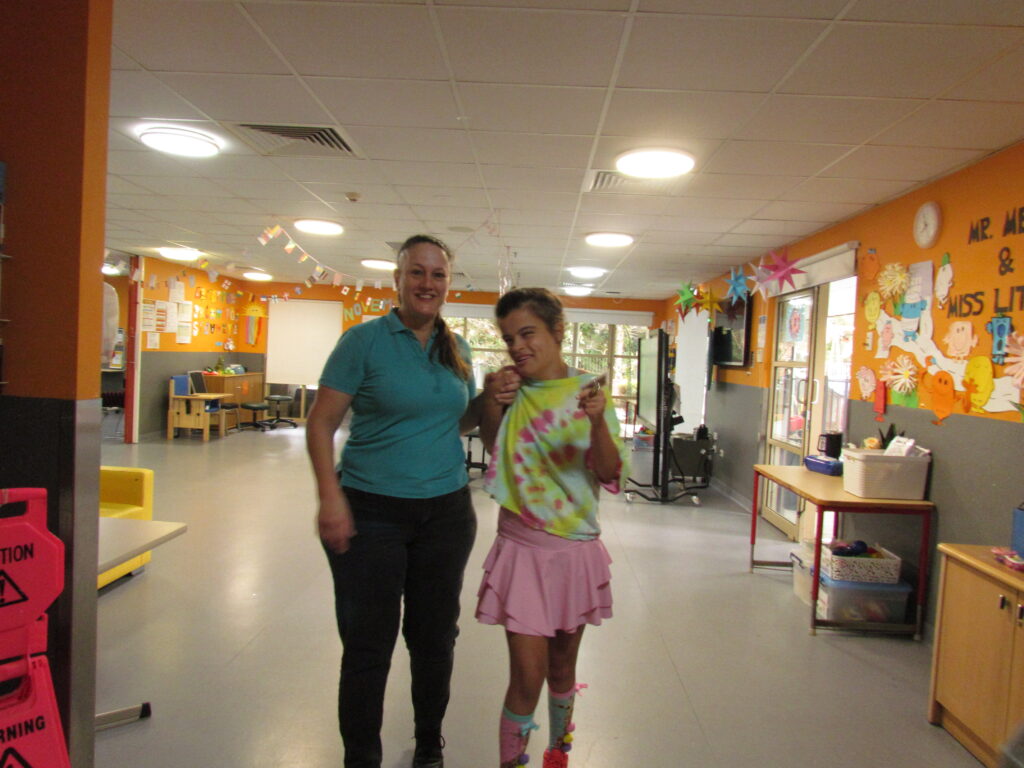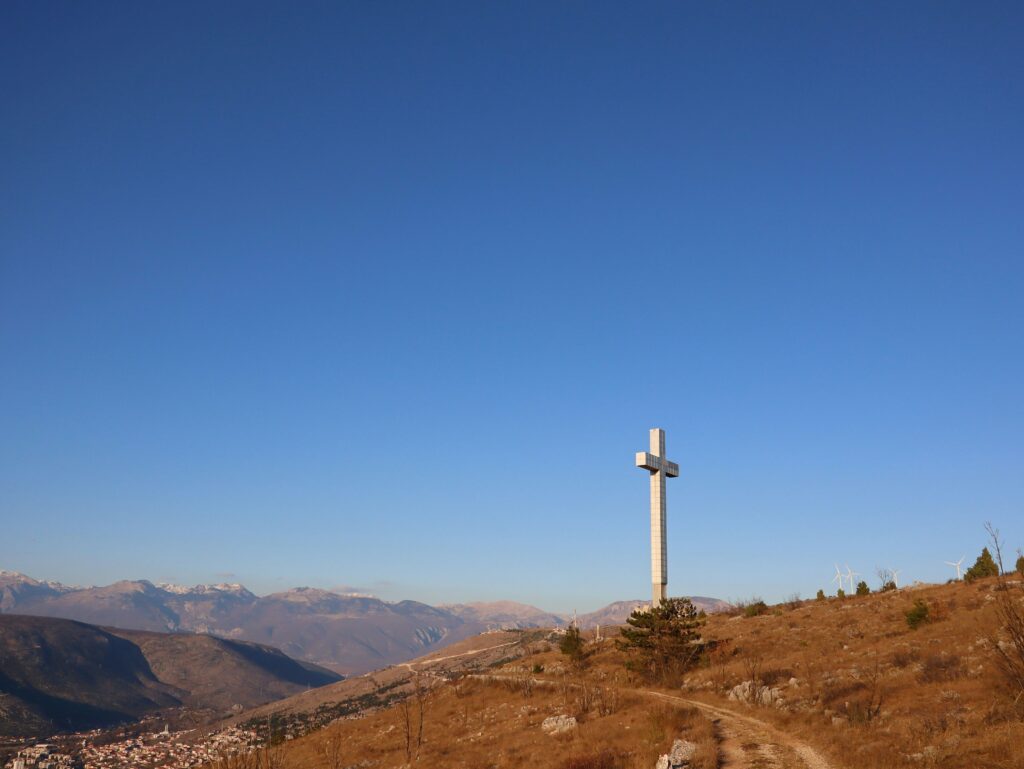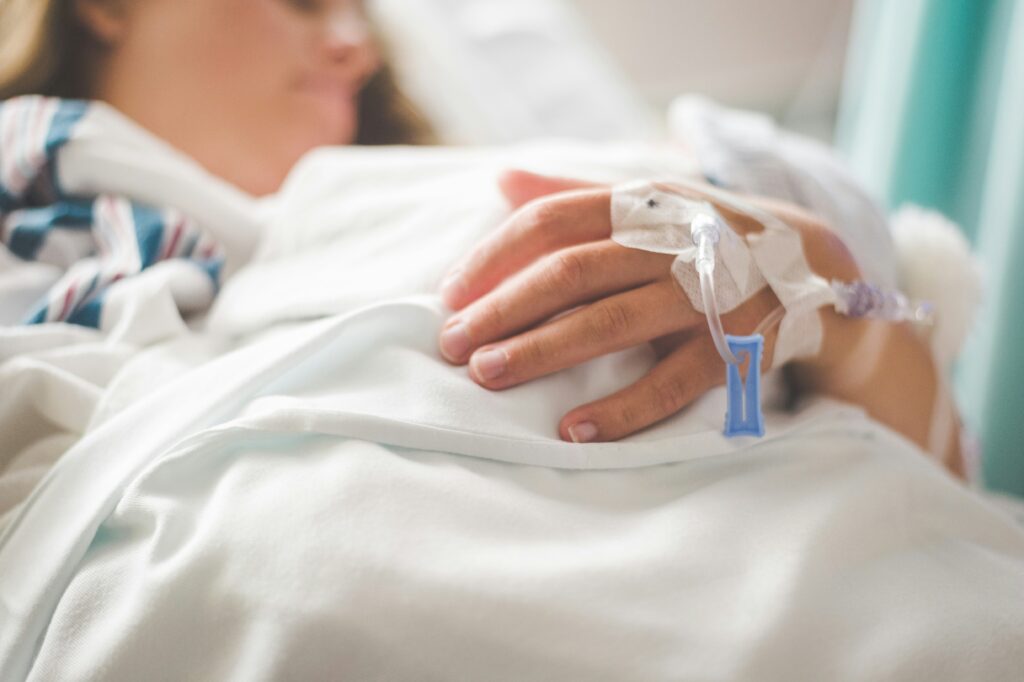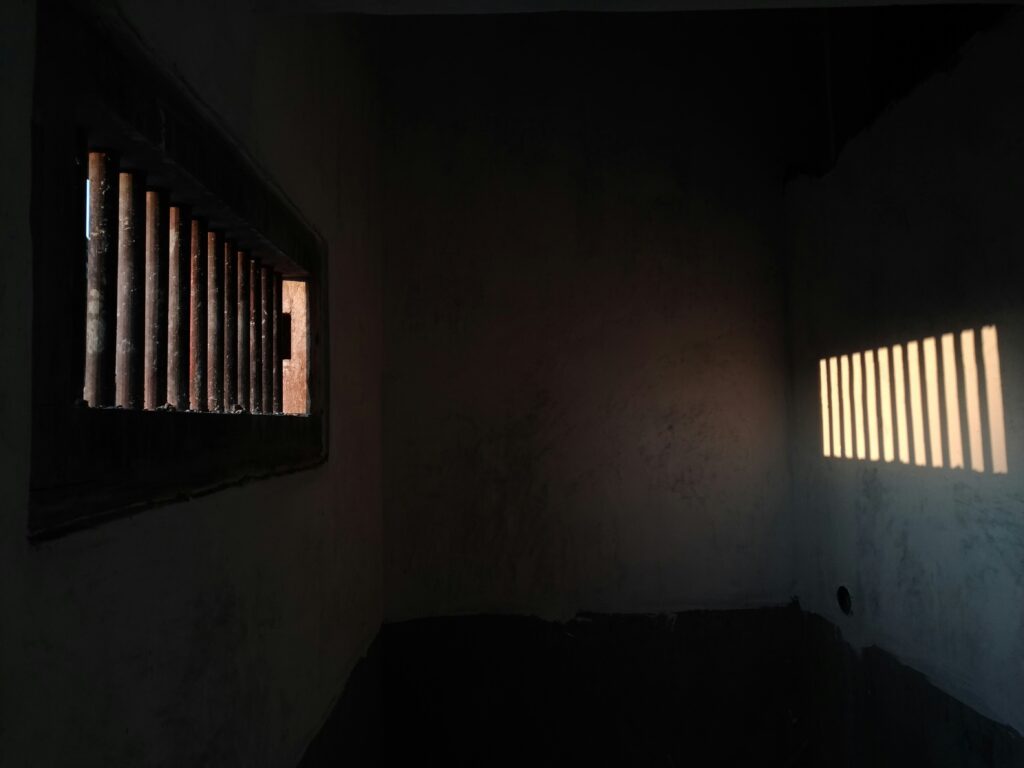
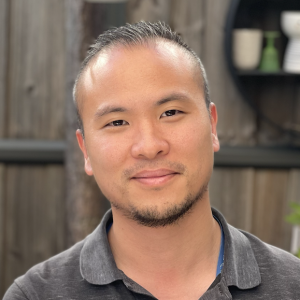
Sam Yip
Chaplain at Compulsory Drug Treatment Correctional Centre (CDTCC)
As a prison chaplain, one of my most useful tools—besides the Bible—is my colour printer. In a place where people are confined for years, a printed picture of a beach, pets, or family can offer a rare glimpse of the freedom they long for.
It’s incredible how something as simple as a photo can change an inmate’s mood. The angriest inmate can look at a picture and smile, but the moment they put it down, the reality of being locked up sets in again. In those moments, freedom feels so far away.
But even when they leave the prison gates, many struggle to hold onto that freedom. In NSW, 50% of those released from prison reoffend and return within two years. This raises a question: why do those who long for freedom so deeply often lose it so quickly?
Some say it’s a lack of support—better housing, jobs, or programs. While these can help, the deeper issue is that you can be physically free and still not truly free.
I once spoke with an inmate, a ‘frequent flyer’—someone who always ends up back in prison. One day, I found him pacing angrily in the yard. When I asked what was wrong, he told me he had complained about the prison food to an officer, who responded, “If you don’t like prison, don’t commit the crime.”
It sounds straightforward, right?
So, I asked him why the comment made him so angry. He replied, “It’s not that simple. Even when I’m free, I can’t just stop the crime. I’m stuck in this cycle.”
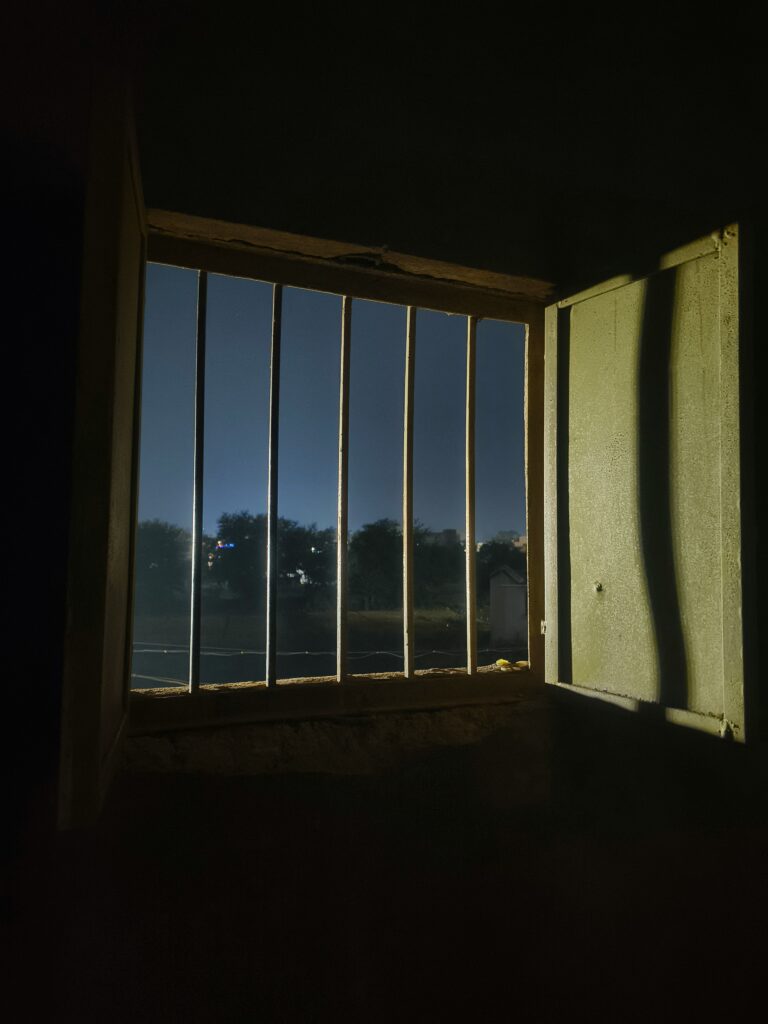
So, where can we find true freedom?
Many of us chase freedom in the wrong places. We might not be in prison, but we can still be captive—to ambitions, dreams, or habits. We think if only we had the perfect job, reached a financial goal, or made it through a difficult season, we’d finally be free. But is that the freedom we really need?
At times, we look at inmates as if they live in a completely different world. But when we’re honest about the human condition, we see the truth—we’re all struggling with the same things: guilt, shame, and the pull of destructive patterns. At the root of it all are sin and death. And just like them, we all need a Saviour.
Not everyone is called to serve in prisons, but every Christian is called to bring the good news of freedom to those trapped in sin and a broken relationship with God. True imprisonment isn’t just about bars and locked doors—it’s about the chains that only Jesus can break.
Being a chaplain behind these prison walls can feel lonely at times. But I take great encouragement in knowing that what I do ‘in here’ is no different from what you do ‘out there’—sharing the gospel of freedom in Christ to a world that needs salvation.
Wherever God has placed you, thank you for being part of His work in bringing the message of true freedom.
What shall we conclude then? Do we have any advantage? Not at all! For we have already made the charge that Jews and Gentiles alike are all under the power of sin.
- Romans 3:9

